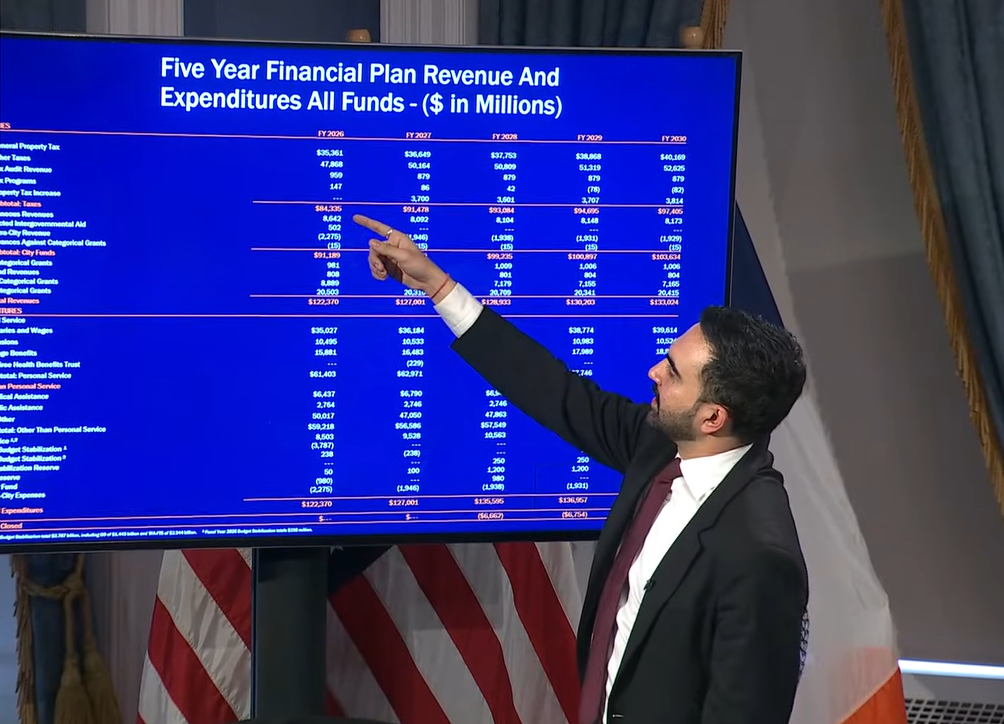Coronavirus (COVID-19) has made a sweeping impact on economies across the world. Business leaders will need to take steps to adjust as people try to resume business as usual. One thing we can already see, however, is the tax payment and filing deadline pushed back to July 15th by the IRS.
For companies, this deadline extension may not seem like much of a game changer. Several pieces of the tax filing process have already been completed. For example, W-2s should already be sent out to applicable workers and form 1096 should be filed with the IRS. Companies should have submitted forms on partnerships or requested extensions for these filings by March 16th.
The biggest change here is that April 15th is no longer be the deadline to pay or file taxes. Individuals, small business owners and companies can defer payments for 90 days. With businesses being disrupted and impacting both employees and employers, that change should help free up funds in the short term.
Additionally, Congress has passed legislation to lessen the impact of COVID-19 on workers, and other economic stimulus efforts are on the horizon. Many additional actions may also be taken to further help businesses and individuals.
How Should Businesses with Mobile Workers Think About these Extensions?
With these changes in mind, business leaders looking toward the remainder of 2020 should seek opportunities to make adjustments to their tax-related practices. The right adjustments might improve conditions both for employees and employers.
Employees have fewer options for credits and deductions than they may have had in the past. Take for example unreimbursed business mileage. This used to be deductible. However, the Tax Cuts and Jobs Act (TCJA) tax law changes eliminated that option. An employee can no longer claim a business expense deduction for unreimbursed business expenses that exceed 2% of adjusted gross income.
With the extended tax deadlines, employees may search for ways to be reimbursed for activities where they were previously taking deductions. If businesses aren’t properly reimbursing them for business use of personal devices in accordance with local labor laws, this could lead to higher incidents of lawsuits.
For business use of personal assets like vehicles and mobile phones, allowances are among the most popular. Also known as flat-rate reimbursements, these programs can also generate a lot of tax waste. Research has found that approximately 39% of one year’s car allowance spending is lost to tax waste. The total tax waste for employees and employers combined reaches $1.2 billion each year. These are taxes they don’t have to pay with the right reimbursement plan.
A better option is to reimburse business use of personally-owned assets (vehicles or mobile phones) according to actual costs instead of approximations. This avoids the issue of tax waste and is best done with a Fixed and Variable Rate (FAVR) approach. FAVR is an IRS revenue procedure that can be used to reimburse mobile employees tax-free for both the fixed and variable costs associated with driving or mobile phone usage for business.
Companies should also look to eliminate fixed top-line costs by minimizing leases such as those for fleets and real estate. In a busy economy, a fleet might seem like a cost-effective approach for business vehicles. But when workers are not driving as much? Or in this rare case hardly at all? Companies are stuck with the fixed costs of those vehicle leases. Options such as mileage reimbursement are variable and can scale with the pace of business without creating a top-line cost burden. Employers only pay for activity that is actually happening.
Short-term Changes for Long-term Benefit
Companies need to protect liquidity and capital – not only in these unprecedented times, but also to fortify their business in the long term. They also should be looking toward gaining efficiencies wherever possible. These efficiencies might take time to build, but supporting a mobile workforce certainly benefits.
The potential for the government to tinker with tax regulations adds to the uncertainty we’re now in. For example, if payroll taxes are suspended, people with car allowances would bring home more money for a while, only to have it decrease when taxes resumed. Still, these short-term changes shouldn’t have significant impact on the business when reimbursement programs are configured for resiliency.
Looking at alternatives such as tax-free reimbursement improves employee experience and can also create a lasting enhancement for employers. Taking this time to pursue those improvements will make your business better and employees happier in the long run.
==========
Scott Shelley is an experienced Corporate Controller with a demonstrated history of working in the computer software industry. His skills include Software as a Service (SaaS), revenue recognition, leadership, building teams, policies and procedures, and process improvements. A strong accounting professional with a Master of Business Administration (M.B.A.) focused in Finance from Boston College Carroll Graduate School of Management and a Bachelor of Science from Babson College, Scott is a CPA in Massachusetts.
Thanks for reading CPA Practice Advisor!
Subscribe Already registered? Log In
Need more information? Read the FAQs
Tags: Accounting, Benefits, Income Taxes, IRS, Small Business



